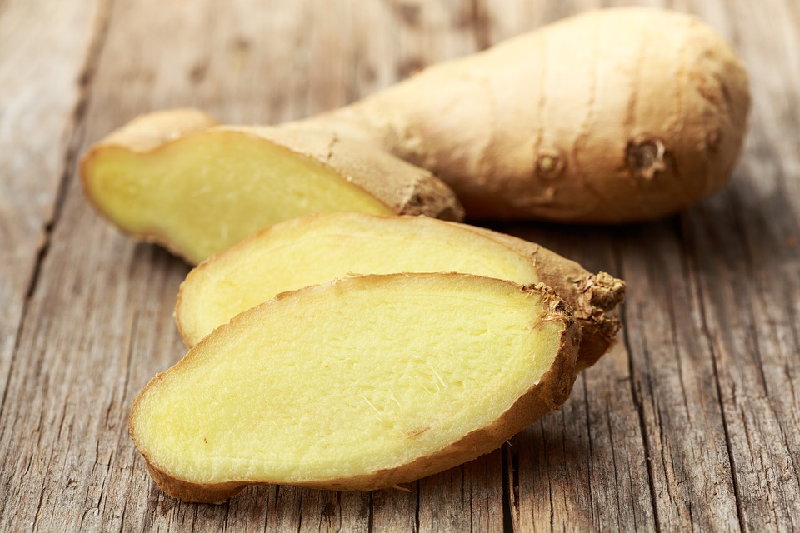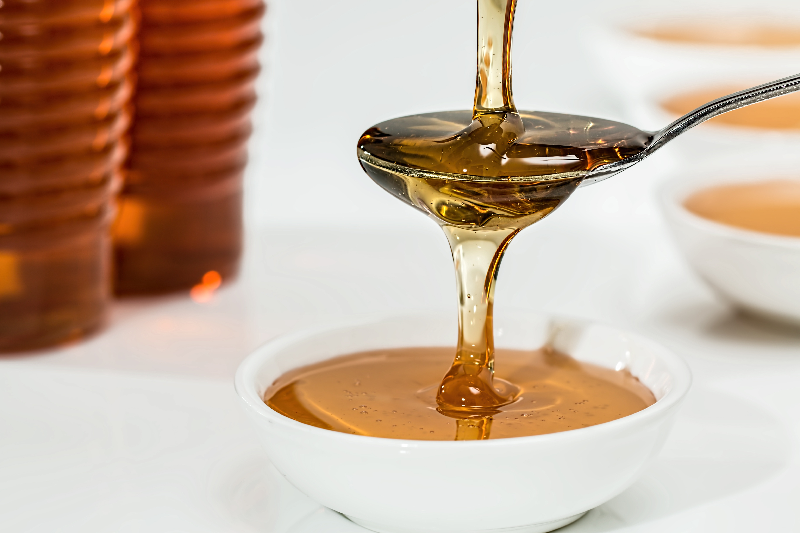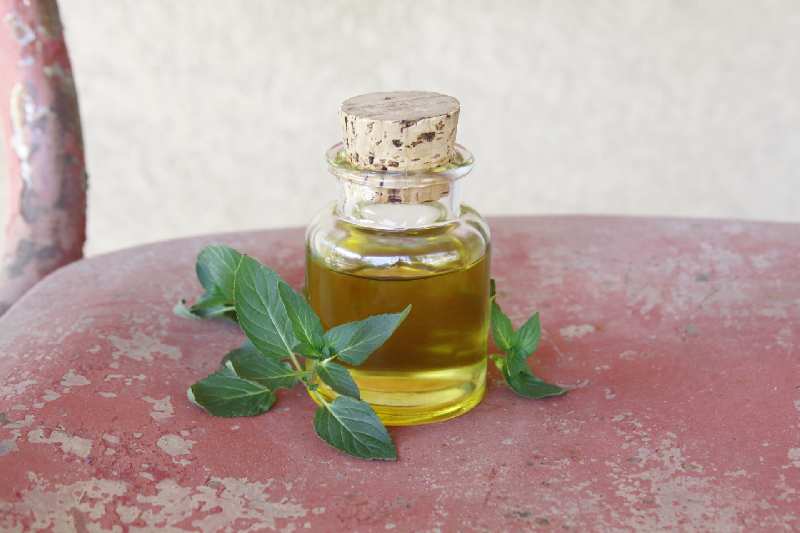Laryngitis occurs when your voice box or vocal cords become inflamed. This can happen from the overuse, irritation, or infection of the vocal cords or voice box. (1) The good news is there are numerous laryngitis home remedies. If you want to avoid prescribed medications, choosing laryngitis home remedies might be a smart route to find some relief. For example, some laryngitis home remedies you might try include apple cider vinegar and ginger. For more laryngitis home remedies ideas, keep reading.
Common laryngitis symptoms include:
- weakened voice
- loss of voice
- hoarse, dry throat
- constant tickling or minor throat irritation
- dry cough (2)
Here are 9 fantastic at-home laryngitis treatment methods:
1. Apple Cider Vinegar

Apple cider vinegar helps balance stomach acid levels. It also improves your ability to digest foods properly. If you have laryngitis due to acid reflux or GERD, apple cider vinegar will be especially helpful.
Apple cider vinegar can also combat infections. In fact, the use of vinegar to fight infections dates back to Hippocrates. He recommended vinegar for the treatment of sores. Scientific research supports the antimicrobial properties of vinegar. (3)
Mix 2 tablespoons of apple cider vinegar in one glass of water. Drink this mixture three times a day to help cure acid reflux that causes laryngitis. Furthermore, you can also combine apple cider vinegar and raw honey.
2. Ginger

Ginger helps to soothe inflamed mucous membranes of the larynx. It also has the ability to cleanse the lymphatic system. Furthermore, it makes us less susceptible to infections in the respiratory system. Ginger can also decrease inflammation, swelling and pain, which are some of the most common laryngitis symptoms. (4)
To use ginger to relieve laryngitis, add raw ginger to a smoothie or juice. Alternatively, use ginger powder in a soothing soup, or drink a cup of ginger tea 2 to 3 times every day until symptoms disappear.
3. Garlic
Garlic is commonly used to treat the common cold, which is on eof the main causes of laryngitis.
A 2014 study involved 146 participants over a three-month period. Half of the participants took a placebo tablet. The other half took a garlic tablet. Participants then wrote in a diary when they had symptoms of a cold. The researchers found that people who took garlic every day had fewer colds. Over a three-month period, there were 24 occurrences of the common cold in the garlic group. Those I the placebo group had 65 occurrences of the common cold. (5)
Add garlic to a soup, stew, salad or sauce. If you can handle the taste, you can also eat 1 to 2 cloves of raw garlic every day. Try chopping it up into small bits, let it sit for a while, then swallow with water as you would a pill. Alternatively, combine garlic with raw honey if you don’t love the taste.
4. Raw Honey

Raw honey has antibacterial, antifungal and antioxidant properties. It also has a high nutrient value. Furthermore, it maintains a moist environment, which helps soothe irritation and relieve symptoms such as coughing and hoarseness. (6)
Raw honey can also help alleviate seasonal allergies, which can cause laryngitis. Raw honey desensitizes many allergy sufferers to the flora triggering their allergic reaction. (7)
To treat symptoms of laryngitis, add raw honey to warm water or tea. Drink the mixtures throughout the day.
5. Lemon Essential Oil
Lemon essential oil is another good laryngitis treatment. (8) This is because it inhibits the growth of bacteria and the spread of viruses that cause respiratory infections. Additionally, it detoxifies the body and loosens mucus in the throat. This means you won’t need to cough as forcefully or often, which lets your voice box rest.
Add one or two drops of lemon essential oil to a glass of warm water or tea. Alternatively, combine one to two drops with a teaspoon of raw honey. You can also inhale it directly from the bottle or use it with a diffuser.
All of these methods will help you find some relief from laryngitis.
6. Peppermint Essential Oil

As it is antispasmodic, peppermint oil can help calm the cough laryngitis causes. It also acts as an expectorant, proving further relief. (9)
There are a number of ways you can use peppermint oil to treat laryngitis. For example, to use it internally, add a few drops to a glass of water or tea. You can also apply it to the chest, throat, or diffuse it.
7. Marshmallow Root
As laryngitis causes a sore throat and cough, marshmallow root is an excellent laryngitis treatment. . It coats the throat and helps to relieve irritation. Furthermore, it reduces swelling in the lymph nodes, speeds up healing time and reduces a dry cough. (10)
However, don’t take marshmallow root the same time of day as prescription medications, as it can interfere with some drugs.
8. Slippery Elm
Like marshmallow root, slippery elm coats and soothes the mouth, throat, stomach and intestines. This makes it a good choice to treat sore throat, cough and GERD. (11)
9. Resting Your Voice
While it not might always be easy, resting your voice is one of the best things you can do to rid of laryngitis. Don’t speak unless it is necessary, and when you do speak, do so softly. However, don’t whisper, as that irritates your larynx more than speaking in a quiet tone. Furthermore, avoid clearing your throat.
Here are some other tips to help with laryngitis:
- drinking plenty of water
- avoiding alcohol
- using a humidifier or vaporizer
- sucking on lozenges or chewing gum
- gargling salt and warm water
- chewing your food well
- eating smaller meals


